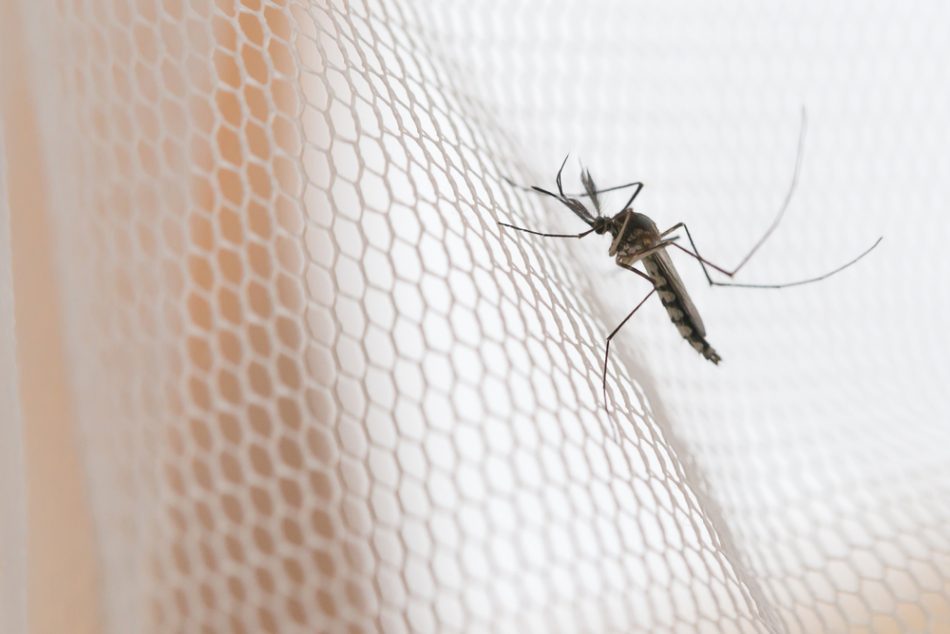One of the main challenges to curbing the number of malaria-infected cases each year is the ability of the mosquitos that carry the disease to develop resistance to insecticides. Thankfully, researchers and public health officials are incessantly seeking alternatives with new modes of action.
Using a simple process of heating and cooling, a team of researchers from New York University (NYU) has created a new crystal form of deltamethrin—a common insecticide used to control malaria—resulting in a chemical that is up to 12 times more effective against mosquitoes than the current form.
“The use of more active crystal forms of insecticides is a simple and powerful strategy for improving commercially available compounds for malaria control, circumventing the need for developing new products in the ongoing fight against mosquito-borne diseases,” says Bart Kahr, professor of chemistry at NYU and one of the study’s senior authors.
Many insecticides, including deltamethrin, exist in form of crystals. When mosquitos step on insecticide crystals, the chemical is absorbed through their feet and, if effective, kills them.
As part of their research on crystal formation and growth, Kahr and fellow NYU professor Michael Ward study and manipulate insecticide crystals, exploring their alternative forms. For the new study, they heated the commercially available form of deltamethrin to 230°F for a few minutes and let it cool at room temperature. As a result, the insecticide took a new crystallized form, composed of long, tiny fibers radiating from a single point.
After testing the insecticide’s new crystallized form on two of the most common malaria-carrying mosquitos, the researchers found that it worked up to 12 times faster than the chemical’s existing form. Even better, the new form also remained stable and effective for at least three months. Sometimes the form is even more important than function!












